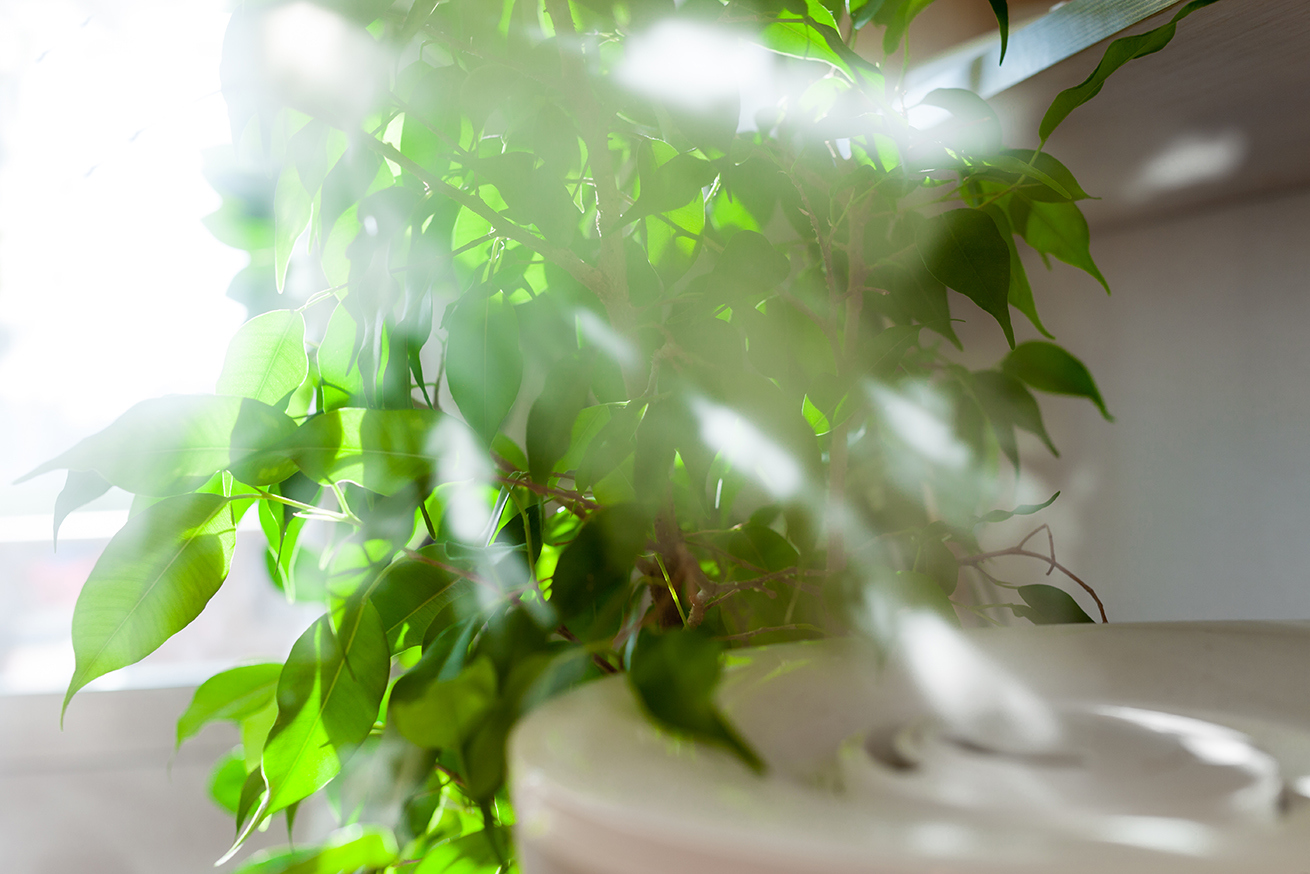
Humidity exists all around us, and it has plenty of effects that you may not see, but will still experience. Although humidity is meant to keep you cool and refreshed during hot days and warm during cold winters, this is not always the case in real life. You’re definitely no stranger to feeling hot and tired during summer and heat waves - where you feel sticky and icky and it seems as though you’re stuck in a sauna. Thankfully, there are a few ways to control humidity so that you don’t feel as terrible when it’s extremely hot. Turn to your air conditioner, for example, to get much-needed respite! Knowing how humidity affects you and your environment can go a long way in helping you keep cool and comfortable. It can even result in reduced electricity bills because you’re maximising what you have and skipping the appliances that you don’t need. We’ll go through the different ways you can control humidity levels indoors in this article. How to Control Humidity Levels at Home Use Your Air Conditioner Modern air conditioners don’t just give you a blast of cooling - they come with a myriad of different functions and modes as well. This is especially so for smart air conditioners that are designed for contemporary living with the user’s convenience and comfort in mind. You can use your air conditioner’s dry mode to dehumidify and maintain the humidity levels at home. An air conditioner from a leading brand, like a single-split Daikin system, or Daikin System 2 aircon, Daikin System 3 aircon, Daikin System 4 aircon, or even a Daikin System 5 aircon will help. Remember to replace your air filters regularly so that your air conditioner runs efficiently without having to deal with clogged filters. Use a Humidifier If you want something stronger and specialised, then a humidifier is your answer. As its name implies, a humidifier focuses on the humidity in a space. There are different types of humidifiers available today, including ultrasonic humidifiers, central humidifiers and steam vaporisers. They each work differently, but their goals are the same. Humidifiers offer plenty of benefits, especially for people who suffer from irritated eyes, dry skin, frequent coughing, dryness and more. Exhaust and Ventilation Fans We’re not talking about ceiling fans or table fans: exhaust fans are a kind of fan that are cost-effective and help to circulate air indoors. This continuous recycling of air helps to prevent humidity from accumulating because of activities like cooking, showering and more. Keep Your Room Ventilated Ventilation is essential in making sure that you achieve an ideal humidity level. Keep your doors and windows open in places where moisture accumulates the most. Doing this helps to reduce humidity levels effectively and keep fresh air going in. Reduce Showering Time or Take Cold Showers Notice all that foggy steam building up on your glass shower screens and bathroom mirrors? Showering leads to the production of excess steam that boosts indoor humidity. Naturally, the longer you stay inside, the more steam is produced. As an alternative, you can opt to take cold showers instead of steaming hot ones as well.